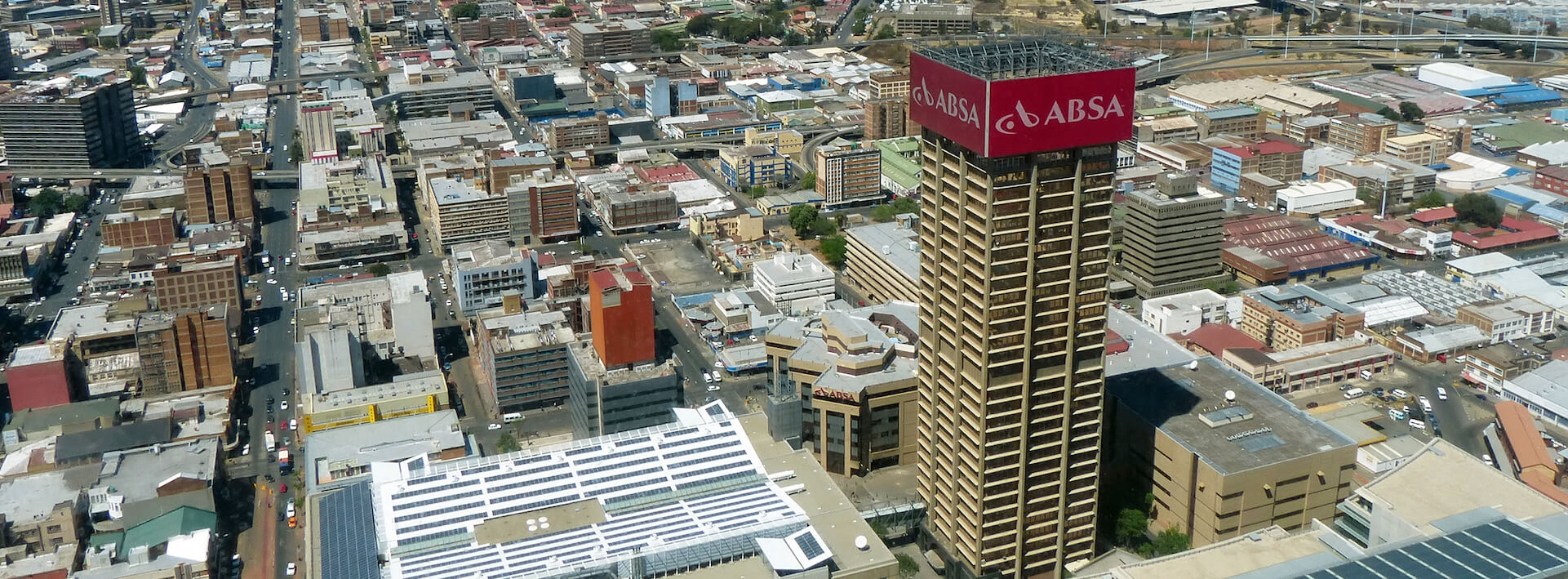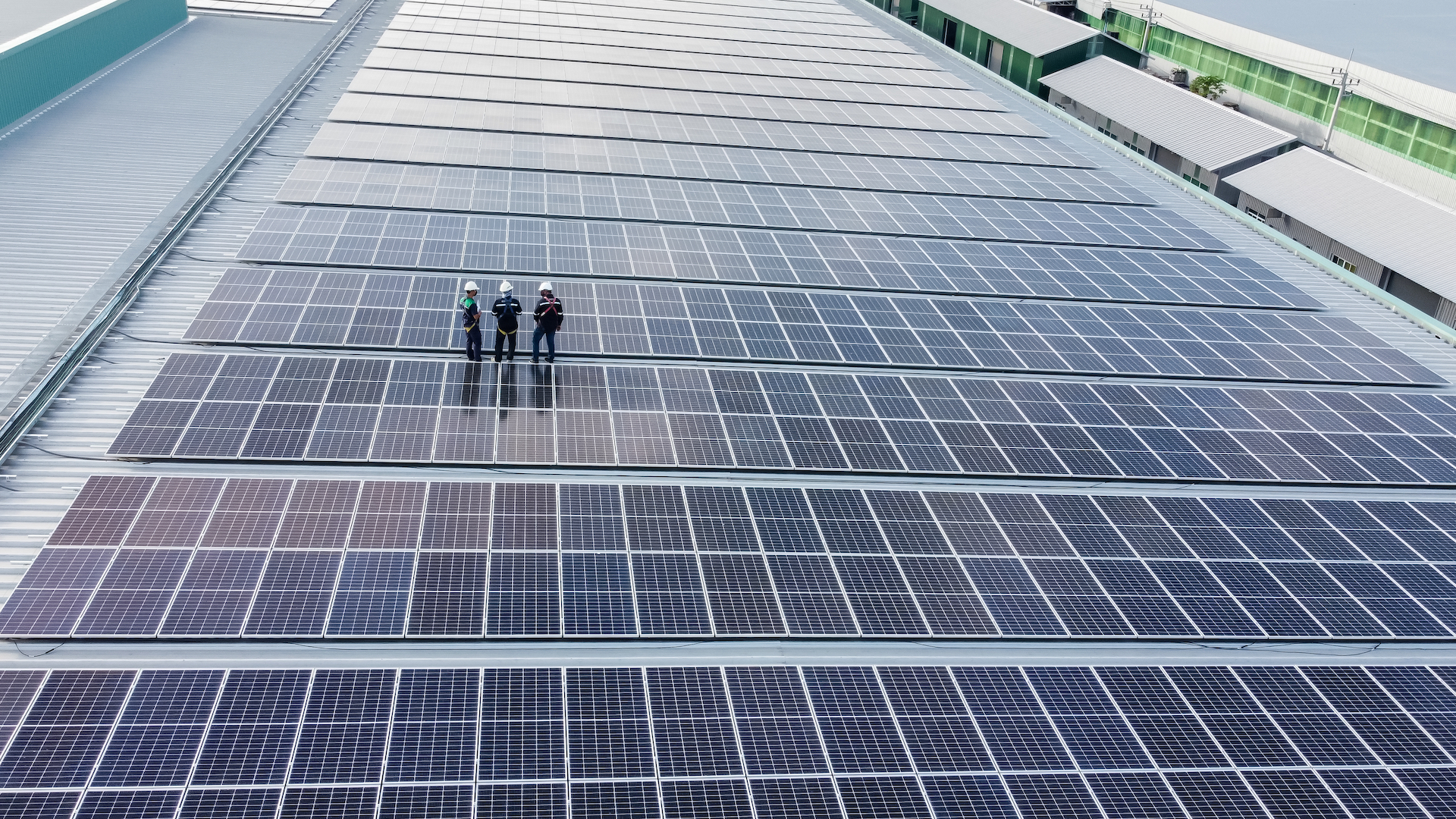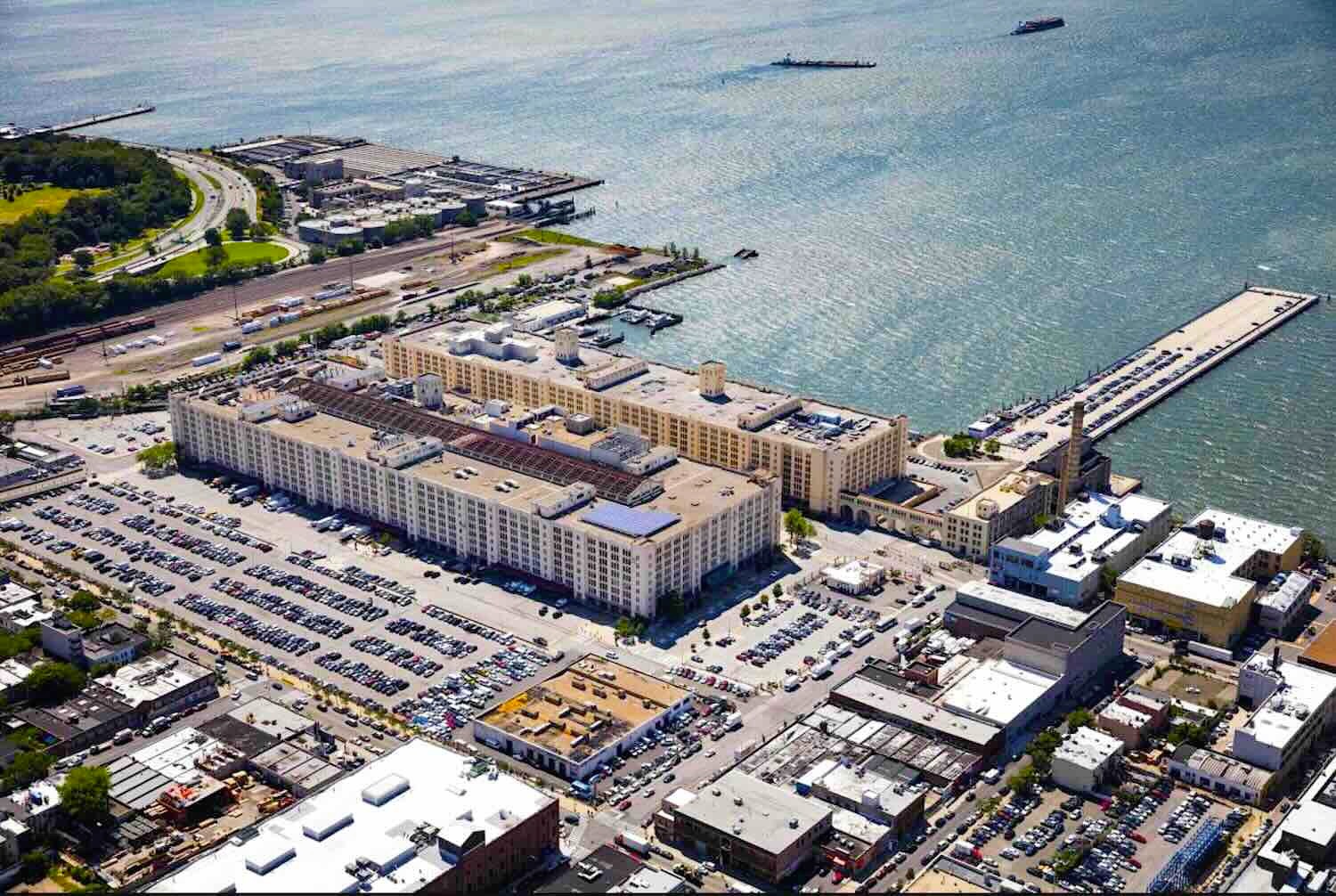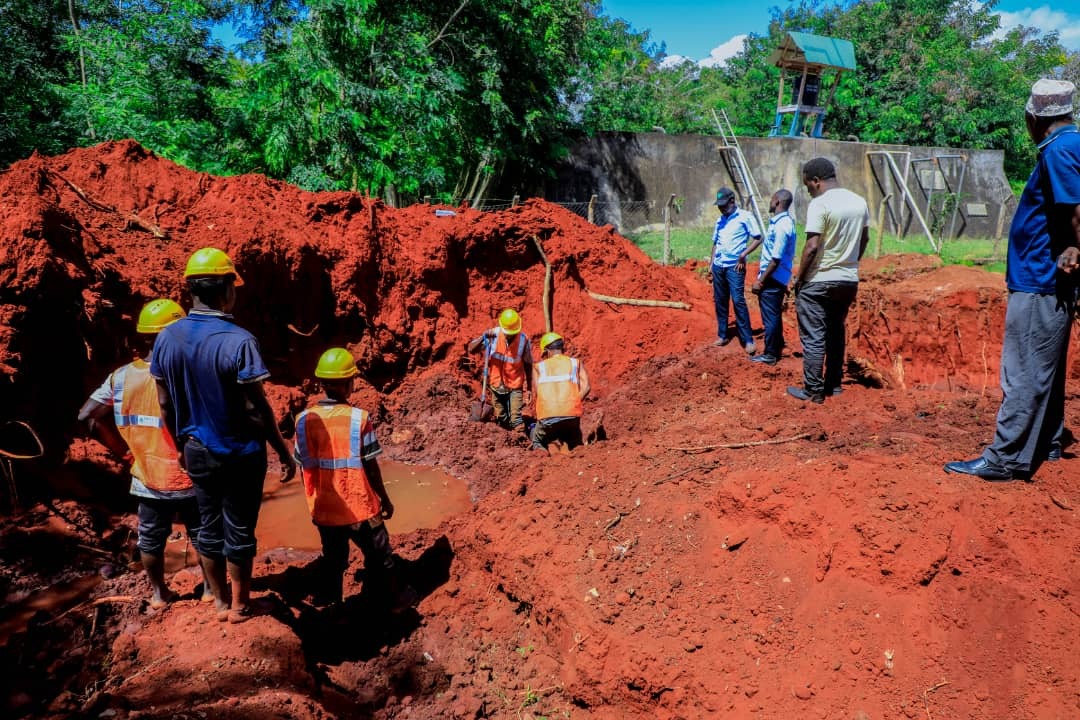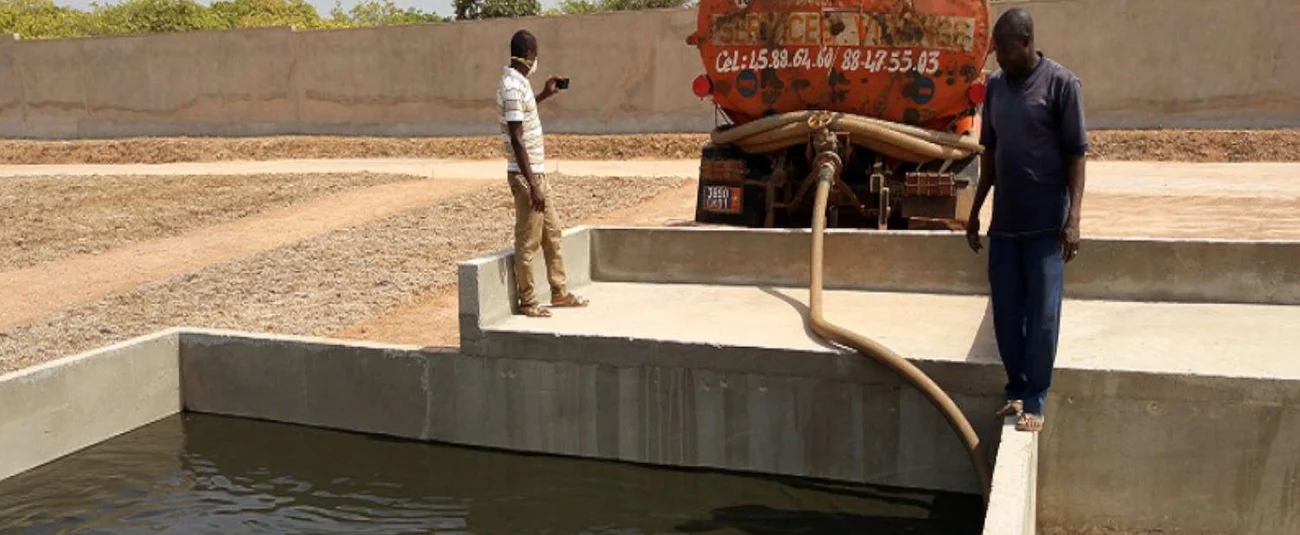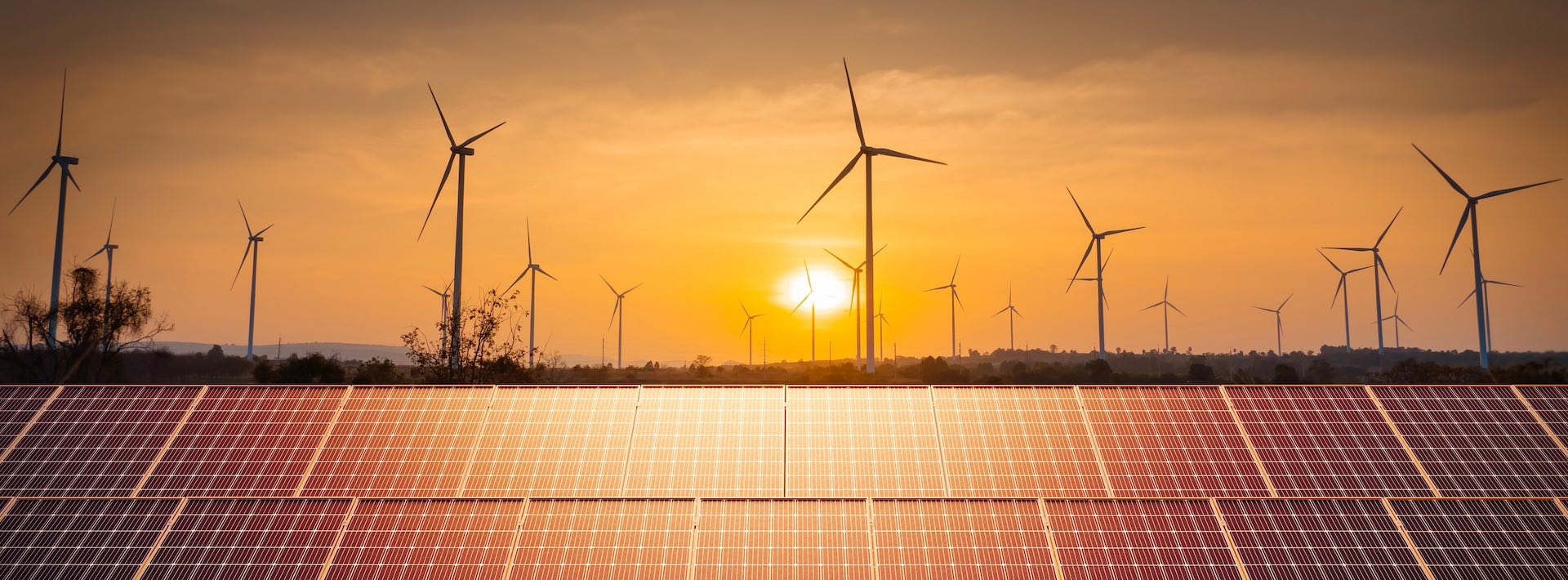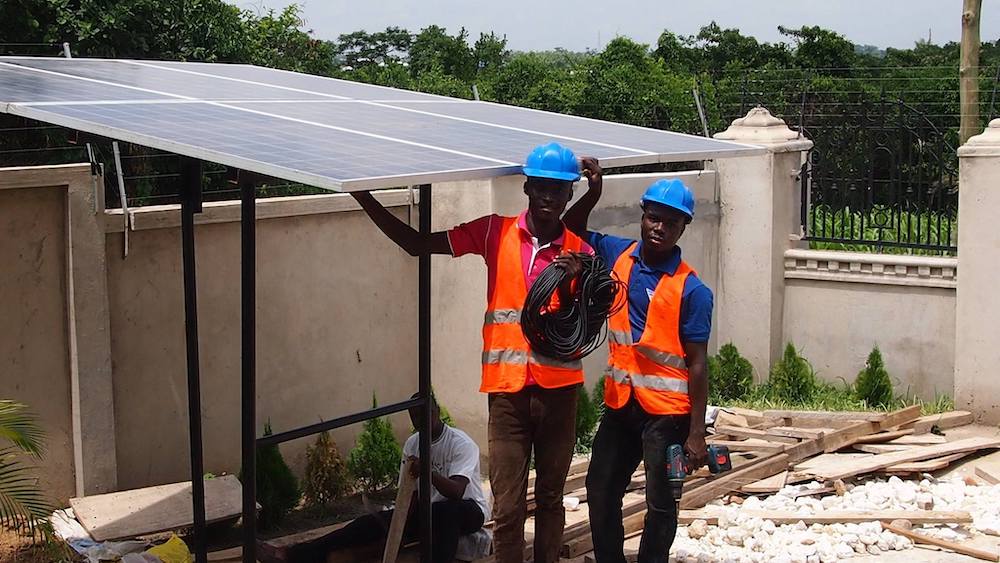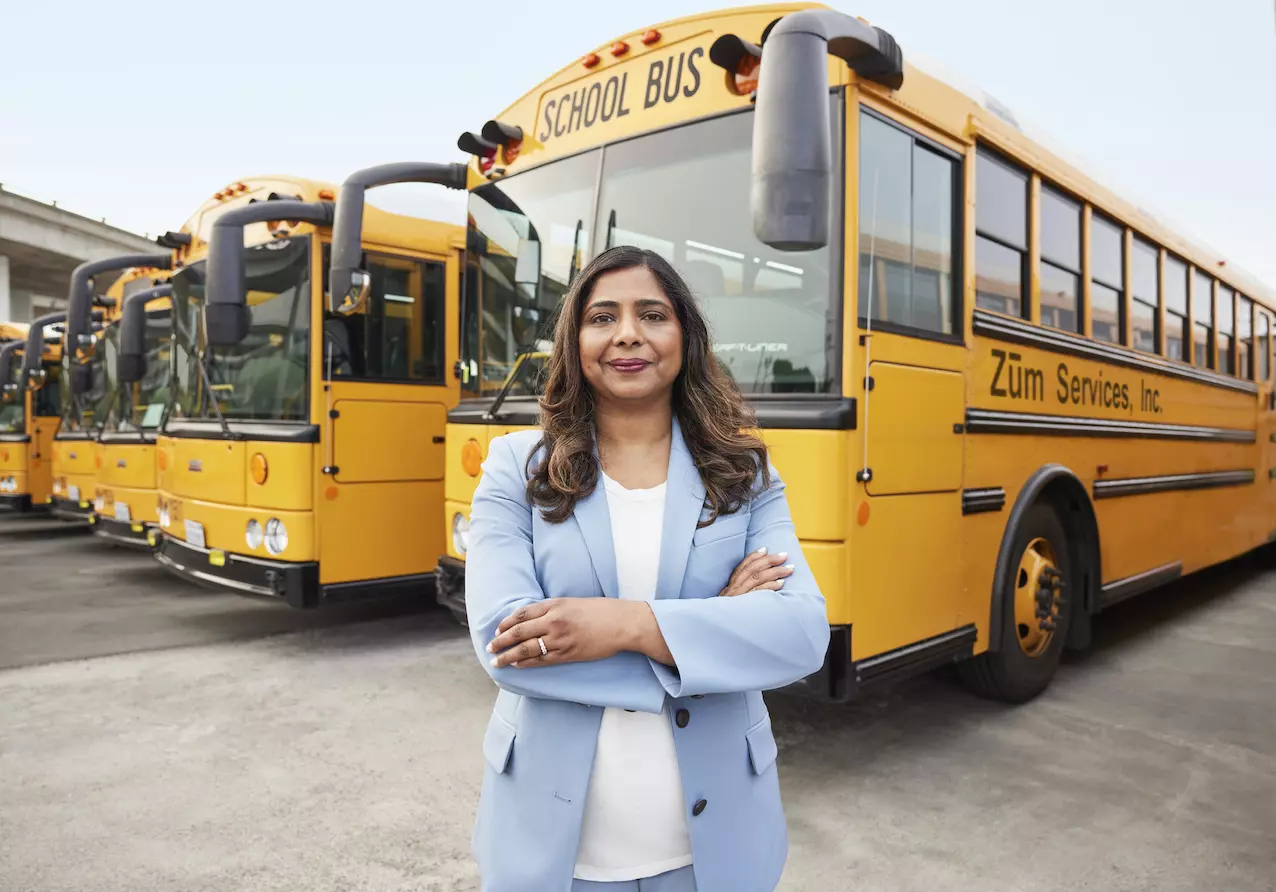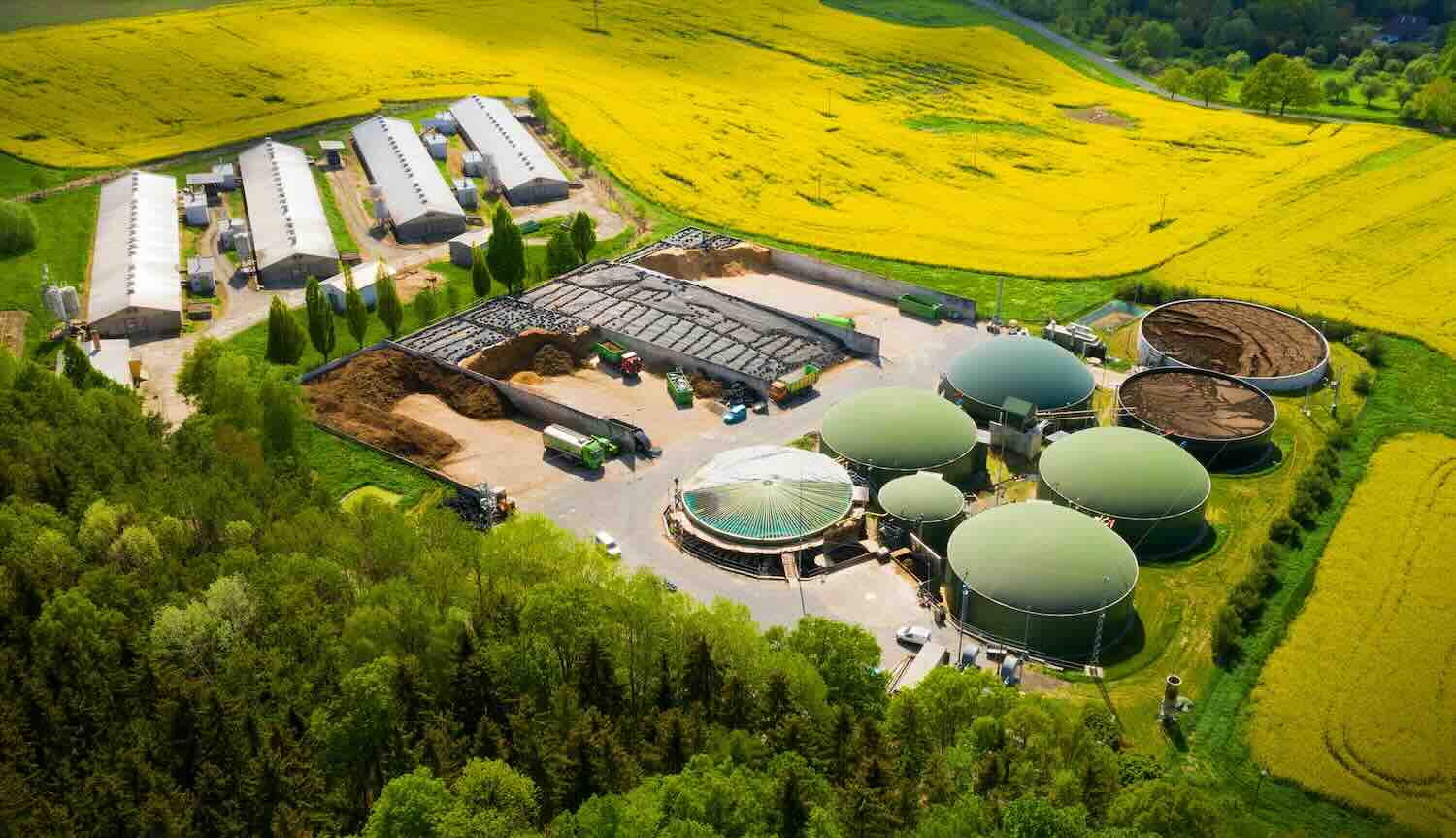ImpactAlpha, August 15 – By 2050, seven in 10 people will live in urban centers around the world; Asia and Africa are urbanizing the fastest.
“Once a city is built, its physical form and land use patterns can be locked in for generations, leading to unsustainable sprawl,” warns the World Bank.
The International Finance Corp., the bank’s private-sector arm, estimates there’s a $25 trillion opportunity to support emerging markets’ green building transition by 2030.
The IFC issued a loan of 4.5 billion rand ($236 million) to South African bank Absa to expand its mortgage lending activities for individuals and businesses that are developing green homes and commercial properties. Financing to Absa will support developments using the IFC’s Excellence in Design for Greater Efficiencies, or EDGE, standards and other recognized green building standards.
The IFC estimates that its loan will reduce carbon emissions by 12,000 tons annually.
Green standards
South Africa needs $7 billion in investment by 2030 to support green building demand.
The IFC anchored a green bond from Nedbank, another South African bank, in 2021 to invest in buildings developed using EDGE criteria. Last year, the IFC loaned $38 million to Business Partners to provide loans to South African small businesses building or making green upgrades to commercial properties.
Just four countries in Africa have updated national building standards in the past decade, much less developed green or climate-resilient building codes.

